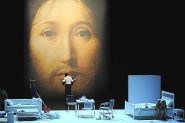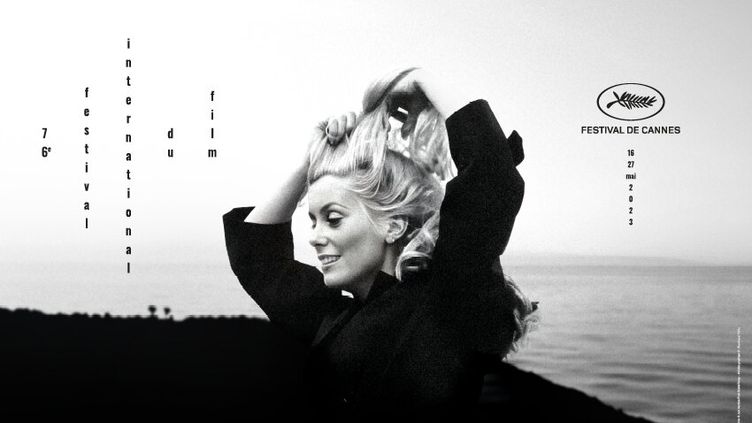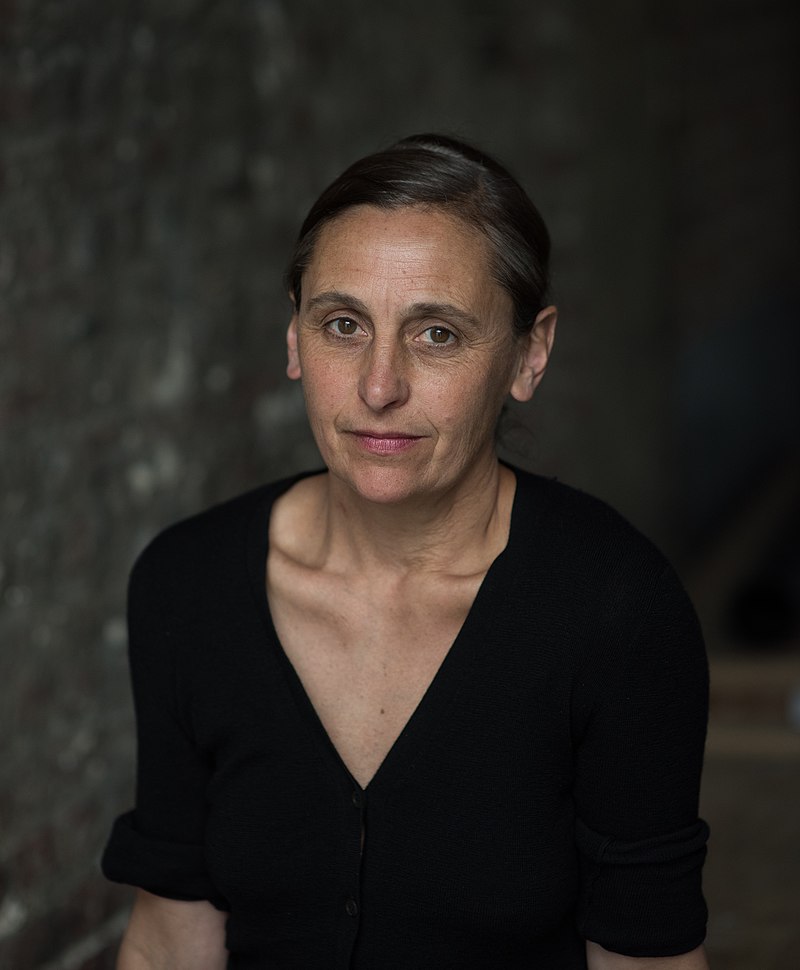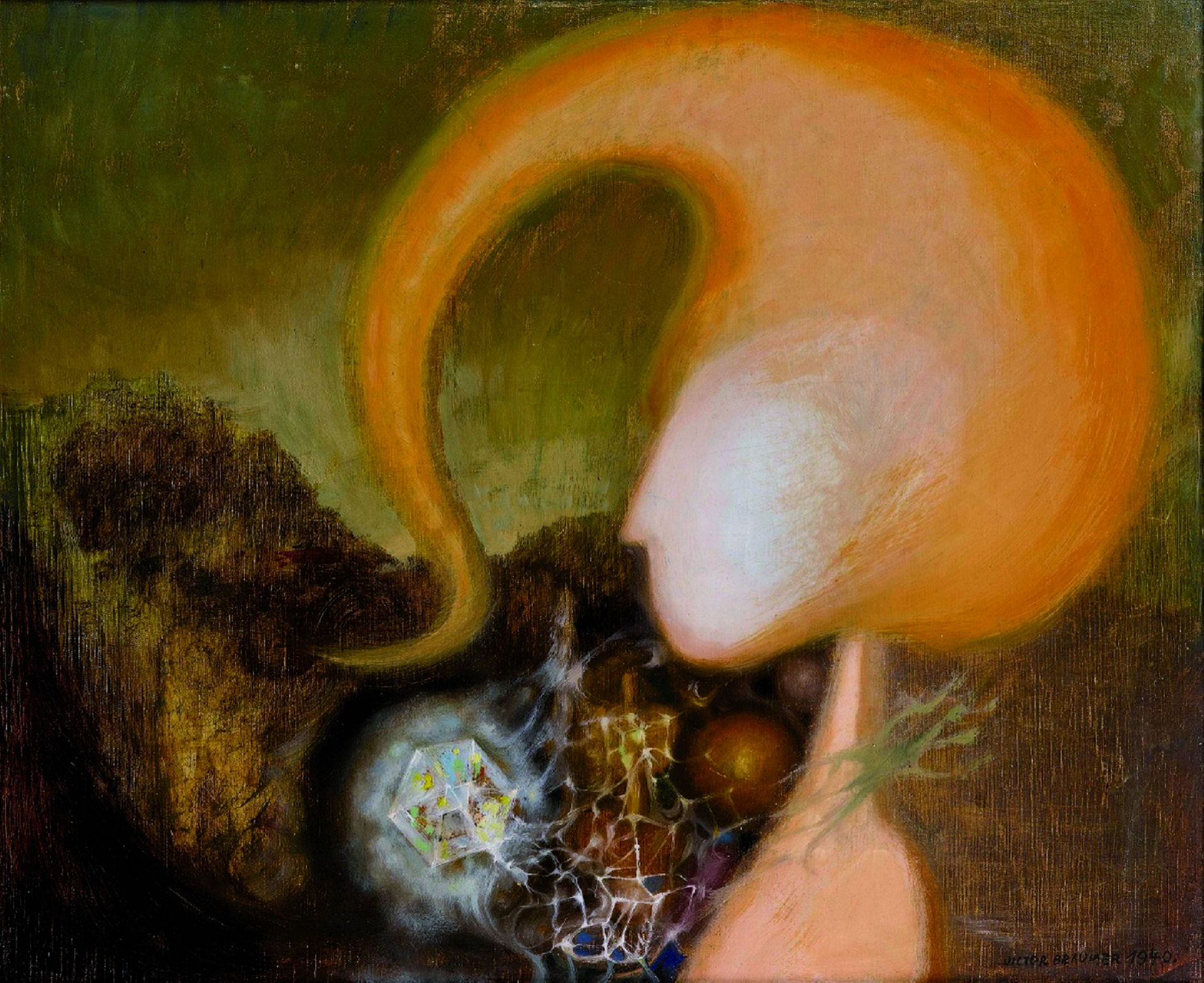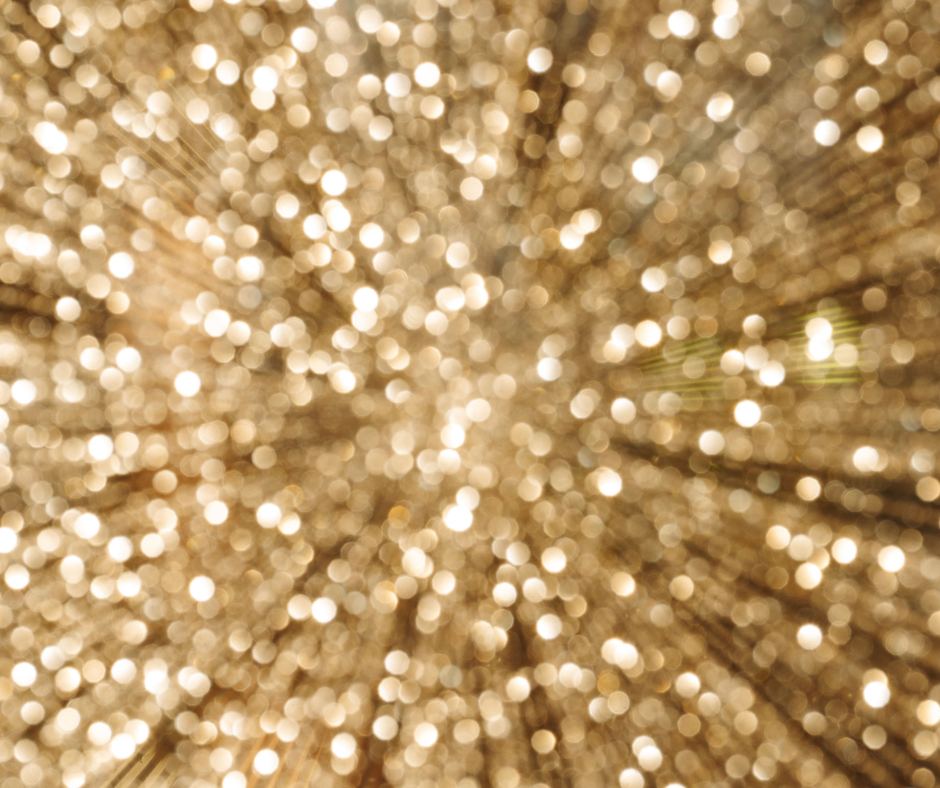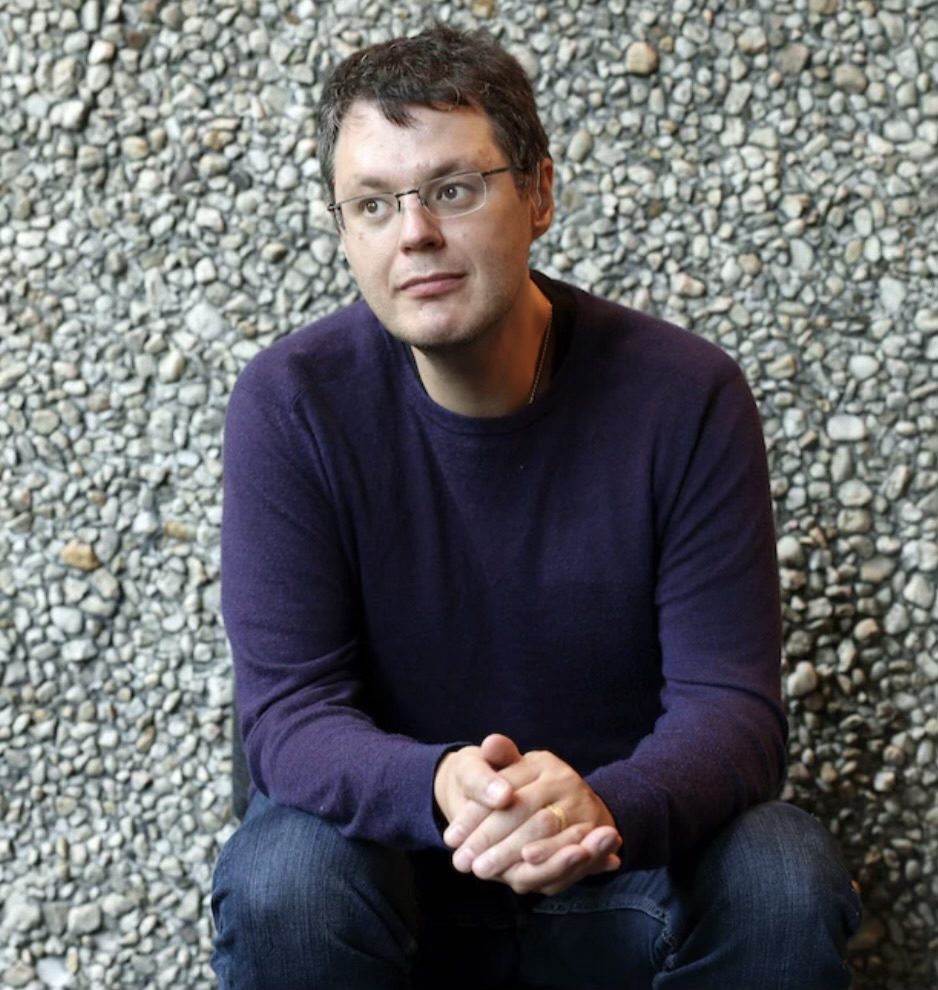
Ilya Kaminsky : “It would dishonor the victims of war, dishonor their bravery, if we only describe their days as doom, doom, doom”
Born in Odesa, living in San Diego in the United States, the Poet Ilya Kaminsky, author of Dancing in Odessa (2002) and Deaf Republic (2019) will be in Paris at the end of the month of november. He will open the 6th edition of the Festival “Un Week-end à l’est” (A Week-end in Eastern Europe) with Andreï Kourkov, the 23rd of november at 6pm at the “Beaux Arts” in Paris. He will also have a dialogue with the photographer Yelena Yemchuk at the Polish Bookstore the 26th of november at 5 pm. He answered a few questions, explaining how Poetry can be very political in times of war.
You are often the “godfather” of festivals the way you are the godfather of “Un week-end à l’est”. How do you embrace that role?
With gratitude and with the hope that it will lead the audience to read the works of more poets from Eastern Europe. Or, frankly, to simply read more poems. We could all use a little more poetry in our lives.
You were in Odesa, your hometown, not long ago. Was it the first time since the explosion of the war, this year? Has a lot been destroyed? It seems in very bad taste, sorry but also very important: do people still dance in Odesa?
My uncle & aunt who still live in Odesa are in their 80s. The building on my uncle & aunt’s street, one block away, has been bombed. Still, every time I suggested that it is a good time to leave (I go to Ukraine, flying into Moldova, driving into Odesa, since Ukraine is a no-fly zone, arranging a car to go across the border with them) my aunt asked why am I so skinny, am I eating enough? My uncle hollered that my aunt “has been teaching music in this city for 40 years, half the town are her former students” never-mind that half the town left and has been replaced by sandbags and anti-tank devices. But they want to stay because Odessa is where they have lived their whole lives.
How was it? It was summer, everyone was in the streets, eating out in restaurants, etc. typical jovial Odesa (once upon a time it was known as the party town in the former USSR). Typical, these days too, are air-raid sirens, at least 3-4 a day, so there we sat, in the restaurant, while the air-raid siren moaned. And people kept making toasts. As surreal as it gets.
But then, this kind of attitude also isn’t surprising. When the war just started, I was writing frantically to family and friends asking what can I do, and how could I help. So I e-mailed an elderly friend, a journalist in Odesa: “please let me know what can I do for you, I really would like to help you”. He wrote back: “Putin comes and goes. If you want to help, send us some poems and essays. We are putting together a literary magazine, and, that is in the middle of a war. Imagine.
You left Ukraine with your family when you were 16. Why and how did you find yourself in the United States?
It was the time of poverty and resulting social unrest when instances of antisemitism began to spread again. We applied for asylum at the US embassy. It was granted, so we packed our bags and left.
Why and how did you choose to write in English? Is the fact that it is not your mother tongue useful to renew the images and the structure of the sentences?
When we came to this country, I was sixteen years old. We settled in Rochester, New York. The question of writing poetry in English was funny since none of us spoke English—I myself hardly knew the alphabet. But arriving in Rochester was rather a lucky event—that place was a magical gift; it was like arriving at a writing colony. There was nothing to do except for writing poetry. Why English then—why not Russian? My father died in 1994, a year after our arrival in America. I understood right away that it would be impossible for me to write about his death in the Russian language, as one author says of his deceased father somewhere, “Ah, don’t become mere lines of beautiful poetry.” I chose English because no one in my family or friends knew it; no one I spoke to could read what I wrote. I myself did not know the language. It was a parallel reality, an insanely beautiful freedom. It still is.
As for what changes for a poet who writes in a foreign language: even the shape of my face changed when I began to live in the English language, but I wouldn’t make a big deal out of writing in a language that is not one’s own. It’s the experience of so many people in the world; this is the age of migration, so many have left their homes because of wars, environmental disasters, and so on.
What’s important for a poet speaking another language are those little thefts between languages, those strange angles of looking at another literature, “slant” moments in speech, oddities, and their music.
After all: the lyric itself is a strangeness inside the language. No great lyric poet ever speaks in the so-called proper language of his or her time. Emily Dickinson didn’t write in “proper” English grammar, but with a slanted music of fragmentary perception. César Vallejo placed three dots in the middle of the line, as if language itself were not enough, as if the poet’s voice needed to leap from one image to another, to make—to use T. S. Eliot’s phrase—a raid on the inarticulate. Our contemporary, M. NourbeSe Philip, has created her very own music out of the language of colonial power. Paul Celan wrote to his wife from Germany, where he briefly visited from his voluntary exile in France: “The language with which I make my poems has nothing to do with one spoken here, or anywhere.”
But I have to add that I fiercely resist being pigeonholed as an “East European Jewish poet” or an “immigrant poet” or even an “American poet.” I am a human being. It is a marvelous thing to be.
You are also a translator. How does this work feed your own writing?
Translating is an education for the poet. It is the closest possible reading of text, it opens the door inside, letting you see how the content isn’t just in the information that the poem delivers but in how it moves, the content is in line breaks, in syntax, in what poems don’t say, in the decision to put a period at the end of the stanza or not put it there, in the decision to have an inner rhyme or not, in the decision of having alliteration or assonance or repetition. Of course, it is a lesson too in larger culture, in confluence and clash of cultures, in what survives when the text travels from one culture to another. It teaches you about your own language, the receiving of a new language, about its limitations, about new ways of organizing silences in the mouth. Above all, it is an education in poetic craft — one that shows that poem is not about an event. It is an event.
There is a long tradition of eastern European poets that are forced to live and write in exile. Do you relate to this tradition of writers in exile? Does the current war in Ukraine strengthen this lineage?
It is an unfortunate situation that has to do with the historical crisis and political conflict that seems to continue over many decades, centuries really. The war doesn’t seem to end, it is no longer declared but merely continued in one form or another.
As a result, migrations occur, and exiles take place. To the names you mention one can add the tragic fates of Tsvetaeva and Shestov. One can also speak about Jewish poets murdered, Ukrainian poets murdered, Russian poets such as Mandelstam who died in the camps. Isaak Babel was murdered. One thinks also of the fates of Bruno Schultz and Paul Celan.
The way literary history is documented in the West, these authors seem to have become myths, martyrs. Perhaps they were, they led heroic lives and left us great writings. But they were also human beings who would have been great writers regardless of the political situation, regardless of regimes. They were such because their language was so strange and yet so moving on the level of human emotion, image, and music that it functioned on the level of spell and was, to use TS Eliot’s phrase here, communicated before it was understood. Which is to say theirs is a magical, magnetic kind of writing.
Does historical crisis, or to come back to your question, does exile have anything to do with this? Yes and no. No because I dislike the myth-making about real people — it dismisses much turmoil which they had to face on the daily basis. It also dismisses their relationship to language, the fact that they all wrote interesting work *before* the crisis fully hit and they had to leave their homelands. But also, of course, the answer is yes, too. Why? Because exile and immigration do offer a certain clarity of perspective. You are standing alone, naked in a metaphysical sense, with a foreign language all around you and you are naming things as if for the first time in a tongue that is not your own. Something very essential comes through, and with it, perhaps, a certain perspective and a certain new music.
As for me personally: I can’t make judgments about myself and my work; I was given this life and this is the only life I have. The best I can do is live it.
But if I have to speak about my actual writing, then of course you will see an impact of history on it. My book, Deaf Republic, is a story in verse about a country where at a public gathering in the occupied country an invading soldier shoots and kills a young deaf boy. In response to that murder, the whole community decides to protest by refusing the hear the authorities, and their refusal is coordinated by sign language which people invent and which the authorities do not speak.
It is a fable that was first published in 2018, but of course, it has elements of reality that you can see happening right now.
You co-founded “Poets for Peace”. In 1946 Martin Heidegger asked the question “What is the role of poets in times of distress?”. I am not sure that he really gave an answer. Can you try to do it today?
Let me tell you a story: When the war started and Kyiv was heavily bombed, a Ukrainian friend emailed me about spending entire nights in Kyiv subway stations—which are being used as bomb shelters—reciting poems to herself and those around her to keep herself sane. When she grew tired, she started translating those poems into other languages, just as a way to keep going.
Critics in the West often ask whether poetry matters. I now realize that the only valid response to this question is: Do such critics matter?
If a person sheltering deep underground as her city is bombed recites poems as a survival tool—to soothe herself and others—that is all the evidence I need to prove that poetry matters. But we humans have always known that.
Poetry now is as necessary as ever. Not because it is pretty or fancy, but because it helps us to articulate the most impossible moments: It gives us a gasp, a scrap of air in our lungs. When we have nothing else, we can still hold a handful of words in our memory, a tune, and that might be all we have got now to survive—we don’t know yet. But if we are lucky, it is there. Keep it safe, this verbal music. Memorize new line poems if you can. You might need them one day, warplanes or not. When facing the blank wall that is a crisis, everyone needs a bit of music, a tune, a balm.
You mention God in key poems, can you explain what part he or she plays in your writing and for us all also?
You asked me about translation before. Is the translation of poetry from one language to another even possible? Everything is lost, after all: music, cultural meaning, etc. How is it even possible? It is impossible, and yet we do it because it is necessary in our lives.
That is my metaphor for faith.
My relationship with this is full of audacity, hope, and complication. The best way to describe it is to quote a couple of lines from my book, Deaf Republic, which talks about crisis and perhaps answers your question with a question:
“At the trial of God, we will ask: why did you allow all this?
And the answer will be an echo: why did you allow all this?”
As for religion, that is a wholly other business: in the 21st century, unfortunately, it has become quite clear that religion is a corporation and I am not interested in supporting yet another corporation.
Pinned on your Twitter account, for more than two years now, there is a quote by Audre Lorde: “If they cannot love and resist at the same time, they probably will not survive […] This is what mothers teach — love, survival” Can you speak about that quote?
We began this conversation with questions such as– how is war? what did you see– was there a lot of destruction? And I told you that my aunt asks: why aren’t you eating food? and my uncle speaks about her music. This is to say, here in the West the audience seems to think that they live on the kind of Mount Olympus overlooking the tragedies that happen elsewhere, in exotic lands where it is always terror, terror, terror, terror.
And, yes, it is terrifying what is being done to Ukraine right now. But at the same time, people still get married, they still have children, they still ask their guests: can I give you more food? They still play music. It would dishonor the victims of war, dishonor their bravery, if we only describe their days as doom, doom, doom. Their days are full of love, of refusal of doom despite what history does to them and that is an important thing for us to remember. It offers us a lesson on how to spend our days, on how to honor the human in each of us.
visuel(c) DR




